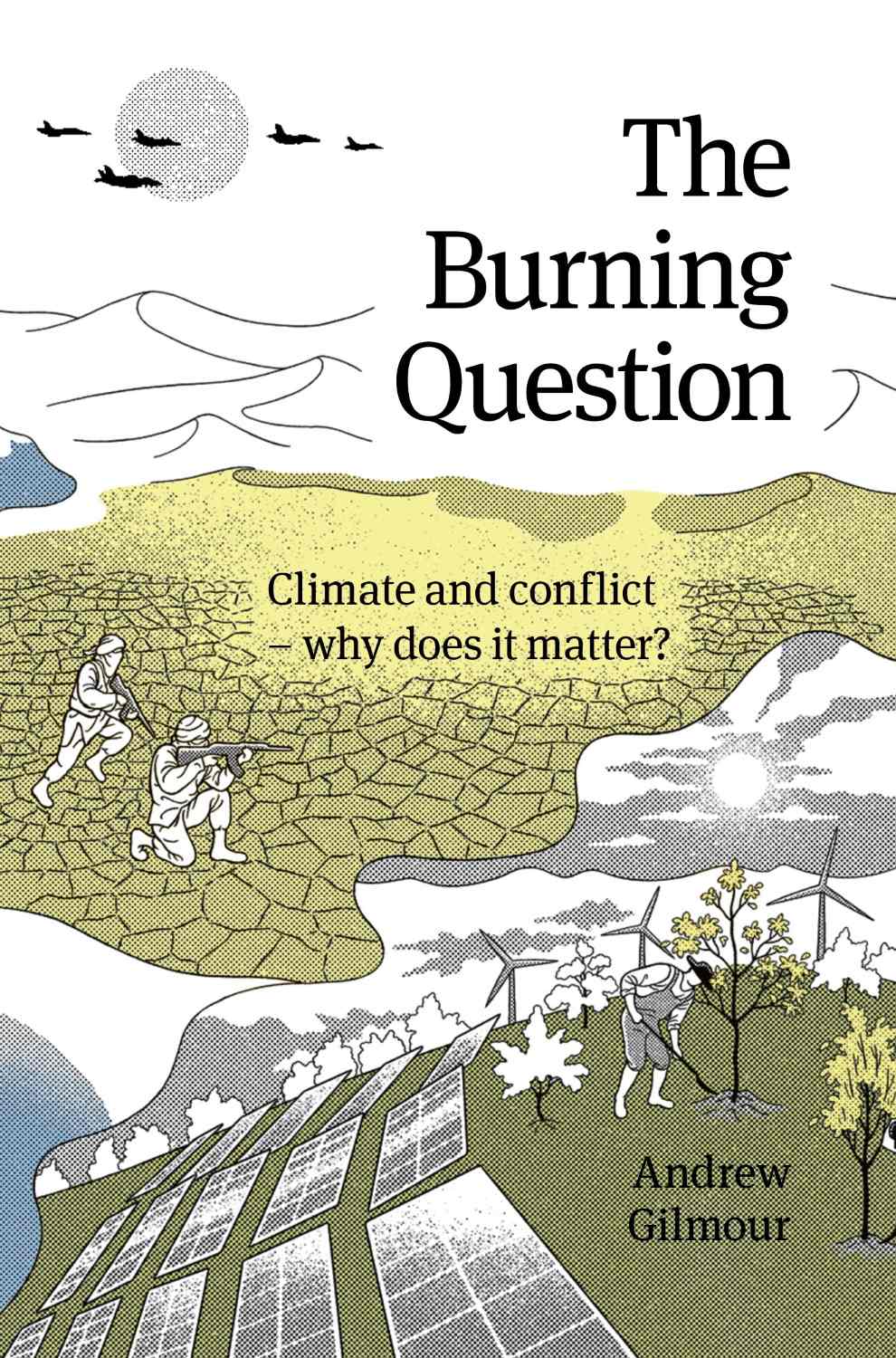The Earl of Sandwich reviews 'The Burning Question'
Fula (Peul) shepherd near Douentza, Mali | Image by: Mauricio Abreu / Alamy Stock Photo
3 min read
Andrew Gilmour has made a rare attempt to understand the triple nexus of climate change, conflict and migration
The questions raised in this book are so formidable one must admire the author’s tenacity in writing it. What he calls the ”increasingly acute triple nexus” of conflict, climate change and migration is the most pressing and complicated issue of our time.
The problem is these three points are never equilateral or global, they arrive in many different forms and disguises. Fortunately, Andrew Gilmour has been close to the scene as a senior UN official and is now director of the Berghof Foundation, an organisation dedicated to these issues.
As a peace-builder concerned about the environment he criticises the West’s failure to help the poorest countries both to mitigate and to adapt to climate change – a state of affairs he says “cannot be allowed to continue”. His major achievement here is to lift our eyes to the probability of mass migration from many causes and the possibilities of doing something about it.
Gilmour’s conclusion is simply that policymakers must pay particular attention to conflict prone areas
Historians have found that past economic and political failures have resulted from climate changes such as El Niño or water shortages on the Nile or the Tigris and Euphrates. Yet there is academic controversy – and some confusion – about the various links between conflict and climate change. Some point to direct effects on security: for example 1,774 US military sites will apparently be subjected to sea level rise and will need to be “climate-proofed”.
 At another level, local conflict in Africa between farmers and herders can be aggravated by climate change, as is occurring in Abyei, on the border of Sudan and South Sudan, or in Mali and Niger, now that the UN has withdrawn its protection in all these countries. In Mali the Dogon and Bambara people are now in semi-permanent conflict with the Fulani (Peul) herders, stirred up by jihadis on all sides.
At another level, local conflict in Africa between farmers and herders can be aggravated by climate change, as is occurring in Abyei, on the border of Sudan and South Sudan, or in Mali and Niger, now that the UN has withdrawn its protection in all these countries. In Mali the Dogon and Bambara people are now in semi-permanent conflict with the Fulani (Peul) herders, stirred up by jihadis on all sides.
Gilmour’s conclusion is simply that policymakers must pay particular attention to conflict prone areas. He says he is not alarmist but that we have to be aware of increasing numbers of migrants heading our way. In this context he warns of the growing response of right-wing groups all over Europe.
One reason for promoting this book is its rarity: we all, including politicians, badly need further education to understand how the world is responding to all these problems.
Lord Sandwich is a retired crossbench peer
The Burning Question
By: Andrew Gilmour
Publisher: Berghof Foundation
